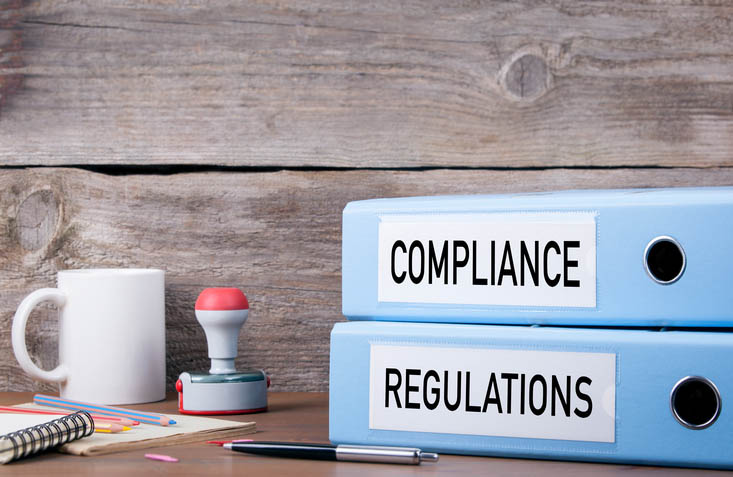
5 Steps to Take to Protect Your Nursing License
You worked hard to obtain your nursing license. As a minority, you had to overcome barriers many of your fellow students and current colleagues never had to address or consider. And now that you are here and building your career, it is up to you to protect it. Unfortunately, one small mistake at work or a less-than-professional occurrence in your personal life could lead to a license suspension or revocation. While you may not be able to eliminate this risk, there are ways to mitigate the risk of a complaint against you and disciplinary action.
Here are five steps you can take on a daily basis to protect your nursing license.
1. Focus on communication.
You need to clearly communicate the information you have to others. Breakdowns in communication between nurses, physicians, and other medical professionals lead to medical errors and poor outcomes for patients. Ensuring you communicate as best you can with your colleagues requires reviewing your facility’s systems and procedures, and then working within them as best you can. It may also require being vocal about improvements that could be made.
2. Always follow facility protocol.
When working in a stressful and fast-paced environment, there may come a time when someone wants to take a short cut. You may be asked to do something out of line with your facility’s procedures and policies. Always say no. If you believe what you are being asked to do is unethical per your state’s nursing board’s standards, refuse. It is always up to you to ensure your actions align with the law, your profession’s ethical standards, and your facility’s guidelines. Also, if you are not entirely sure of your facility’s protocols related to your position, it is up to you to learn them. Ignorance of a policy is never a defense.
3. Avoid relying on coworkers.
You want to be able to rely on your colleagues and help each other out from time-to-time. However, it is safest to assume that if something is your responsibility, you need to ensure it gets done. Do not ask your coworkers for favors. When something is your task, it will be on you if it goes wrong. Also, if a task could be done by more than one of you on duty, never assume someone else will get to it.
4. Keep your social media profiles private.
While it is perfectly OK to have social media profiles as a nurse, you must remember that everything you post online reflects upon you as an individual and professional. Aspects of your personal life can negatively impact your license and position. Because of this, keep your social media restricted to friends and family and be careful about what you post. If you are not sure how colleagues or your supervisors would take a comment, tweet, picture, or video, err on the side of caution and keep it offline.
5. Assume someone is watching.
No one wants to look over their shoulders all the time. However, nursing is heavily regulated and state boards are quick to suspend or revoke licenses. It is up to you to ensure your actions are above reproach. If you assume that all of your actions at work will be seen and judged, you have a consistent reminder to complete your tasks yourself, follow protocol, and communicate with your colleagues.
Have You Received a Letter From Your State Board?
Learning that someone has filed a complaint against you, and now you are subject of a board investigation, is all too common in the nursing profession. How you handle this information next matters. Your first instinct may be to try and deal with situation on your own. You may feel a simple explanation will clear things up. Unfortunately, that is rarely the case. Instead, you should contact an attorney who is experienced in administrative law and professional licensure. With an attorney on your side, you have someone who will protect your rights and fight for you to retain your nursing license.
A nursing license defense attorney can evaluate your situation and help you understand your options.


